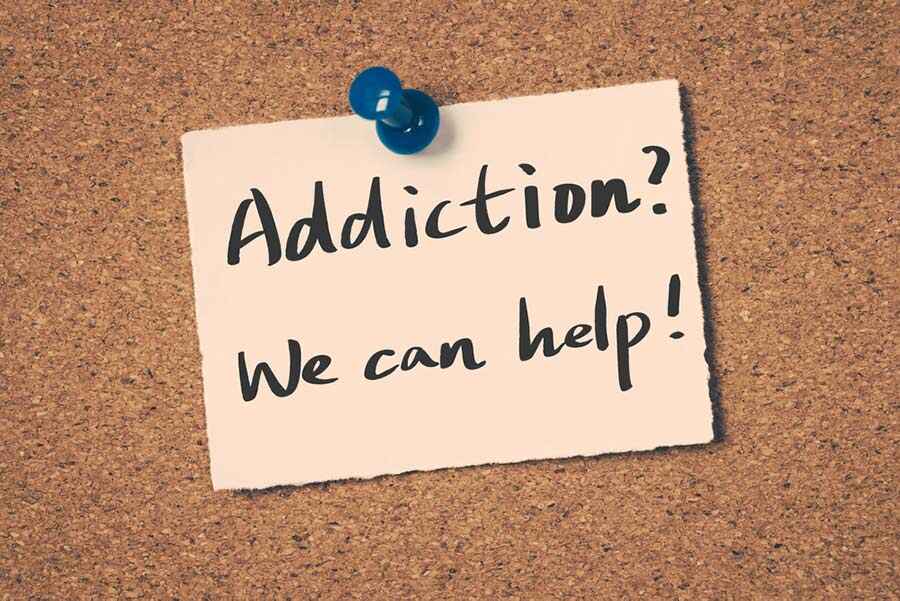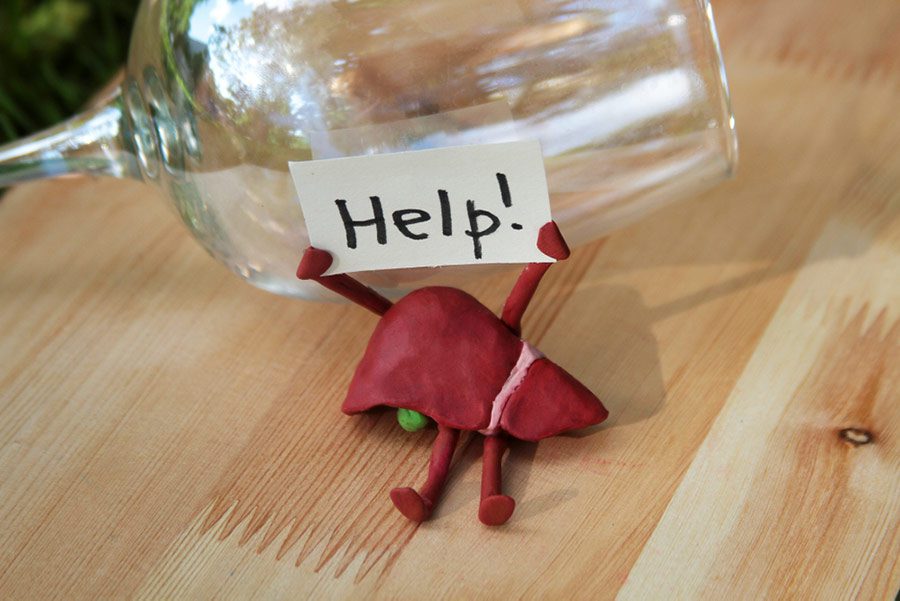
How Does Outpatient Rehab Work
When someone first thinks of drug or alcohol rehab, they will likely imagine an inpatient rehab program, also known as residential treatment. However, though inpatient treatment certainly has its place in recovery from alcohol and drug addiction, it is not the only way that people can successfully receive intensive substance abuse treatment.
To better inform anyone currently considering addiction treatment, whether for themselves or for one of their family members, we’ve assembled a basic guide to the difference between an inpatient and outpatient treatment program.
Differences Between Inpatient And Outpatient Treatment
Inpatient and outpatient rehab programs work very similarly, but they have one important difference. Namely: participants in inpatient rehab programs will live at their treatment facility full time while participants in an outpatient treatment program are free to live off-site at home.
In some cases, participants in an outpatient rehab program may choose to live in sober homes associated with their outpatient programs, where they will have more accountability and support than they would on their own but will still have more freedom than if they had to live full time in a treatment facility.
However, outpatient alcohol rehab is usually not recommended for patients who suffer from severe physical dependency on alcohol, because dangerous withdrawal symptoms that could emerge during detox have the potential to cause serious complications, though alcohol rehab can be offered as outpatient treatment once the patient has stabilized. For patients who are only experiencing mild to moderate withdrawal symptoms from drug or alcohol addiction, outpatient detox may even be a possibility.

In outpatient detox, you will travel to your outpatient alcohol rehab center daily after an initial evaluation for monitoring by a medical provider, who will prescribe any necessary medications and make sure that your medical condition is remaining stable. Either way, alcohol rehab should probably begin with a consultation with a certified addiction professional versed in alcohol treatment rather than an attempt to go cold turkey.
Inpatient treatment programs are also not recommended for patients who are at high risk of relapse, for obvious reasons. Since inpatient rehabs keep patients on-site 24/7, the risk of relapse is virtually nonexistent, creating a safe environment where patients with drug and alcohol addiction can stabilize, heal, and work through their underlying issues. Thus, patients who have relapsed while in outpatient programs may need to be moved up to inpatient treatment where they can receive this higher level of care.
Finally, even if their risk of relapse is low, patients who have severe co occurring mental health conditions that interfere with their ability to live safely at home will generally require an inpatient program. Residential treatment providers ensure that patients are at a far lower risk of harming themselves or others given how highly supervised patients will be at the rehab center.
Why Inpatient Rehab Isn’t Always The Best Choice
Inpatient rehab is certainly necessary for some patients severely impaired by drug abuse, or who have severe co occurring mental health issues. However, studies have shown that, among the group of patients for whom outpatient rehab programs are shown to be suitable, patients had similar relapse rates whether they had been in inpatient rehab or in an outpatient rehab program.

There are also some unique benefits of outpatient rehab treatment that might make it a better fit for many patients struggling with substance abuse. For instance, an outpatient treatment program allows patients to continue to fulfill any outside family, work, or school obligations that make it hard or impossible for them to commit to full-time drug rehab.
Outpatient rehab also allows patients to maintain their connections with their outside lives and support systems instead of being completely separate from them, which makes outpatient treatment less emotionally taxing for many patients.
It also makes the transition from outpatient rehab back to the “real world” less jarring and disorienting for patients, and they will be better able to prepare for their personal and financial futures due to their increased freedom. For instance, patients in outpatient rehab are often able to maintain or find jobs, which could give them a much-needed sense of stability after their outpatient rehab program.
Finally, outpatient rehabs are often cheaper than inpatient treatment providers, which means that some patients may be able to stay longer in outpatient programs than they would spend living in treatment centers.
Outpatient rehab also will teach patients to resist temptation even as they may be facing that temptation in the real world, instead of completely eliminating it as in residential treatment, which could result in patients being overwhelmed when they suddenly face the possibility of using drugs again.
These qualities also make an outpatient treatment a good option for patients who are transitioning out of an inpatient treatment program, as patients may benefit from the support offered by remaining in outpatient rehab as they work to readjust to everyday life in recovery.
What To Expect In An Intensive Outpatient Program
Though exactly what types of therapy sessions and other outpatient treatments are offered depends on the specific treatment provider, we can give you a general idea what to expect in outpatient drug rehab or outpatient alcohol rehab programs.

For instance, individual therapy sessions will utilize scientifically backed methods like cognitive behavioral therapy, motivational enhancement therapy, dialectal behavior therapy, and rational existential therapy, which can help you to challenge the thoughts and feelings that fueled your drug abuse and replace them with a healthier mindset.
Outpatient care will also likely involve group therapy sessions. Group counseling sessions may involve education about specific topics relevant to fighting drug and alcohol addiction, like relapse prevention or proper nutrition. Or, they may function more like support groups, providing a safe space for patients to share and process their traumatic experiences.
Outpatient drug rehab also allows patients to attend outside support groups like Alcoholics Anonymous while they are participating in their outpatient program, providing them with additional support and giving them a foundation for their long term life in recovery.
Outpatient drug rehab may also involve family therapy sessions. In family therapy sessions, family members will be invited to your outpatient drug rehab facility to join your treatment providers in working through your addiction, providing a safe space where grievances can be aired and healthier patterns of relating can be established.
If you are looking for any particular form of therapy in your intensive outpatient program, you are also free to search for a specific treatment center listing that particular service or attribute. There are plenty of reputable outpatient facilities out there that can offer high quality outpatient care.
Intensive Outpatient Programs At Reco Intensive
If you’re looking for the best that outpatient rehab can offer, look no further than Reco Intensive. Located in scenic Delray Beach, Florida, we are one of the leaders in outpatient treatment nationwide. Our outpatient treatment program treats the whole person with empathy and respect, providing scientifically backed therapies as well as programming designed to foster holistic wellness and spiritual healing.
We are a certified drug addiction treatment center with the National Institute Of Health, a member of the Substance Abuse & Mental Health Services Administration, and hold many other accreditations and memberships attesting to our superior service.
We are also one of the featured treatment centers on Rehabs.com, a reputable information source about rehab centers which shows us to have a nearly five star rating. Treatment providers listed have gone through an extensive review process to ensure their high quality, and you can also check out our testimonial page.
If you are interested in professional treatment advice from our team, you can use our treatment provider chat feature to get in touch with us, get in touch using this contact form, or call us anytime at 844.955.3042.